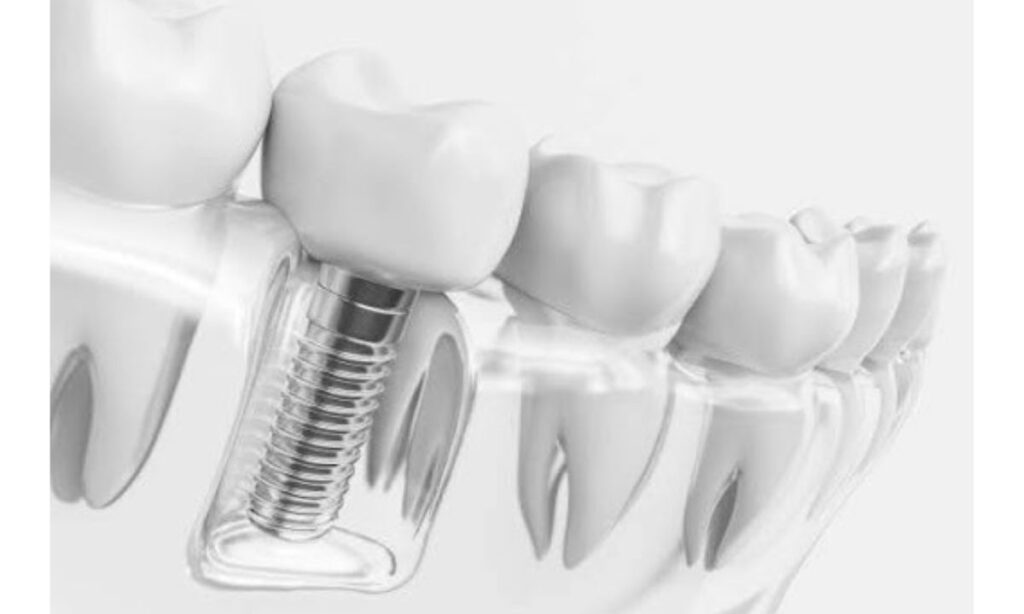Dental implants are one of the most effective and long-lasting solutions for replacing missing teeth. However, many patients wonder how long the entire process takes from start to finish. The timeline for getting dental implants varies depending on several factors, including oral health, bone density, healing capacity, and the specific procedures required. In this article, we will break down each stage of the dental implant process to help you understand how long it takes and what to expect.
Understanding the Dental Implant Procedure
The dental implant process consists of multiple stages, each requiring a specific amount of time for healing and preparation. Here Dental Implants Brisbane provides a step-by-step breakdown:
1. Initial Consultation and Evaluation (1-2 Weeks)
The initial process of obtaining dental implants is the appointment of a consultation with a dental practitioner. In this session, the dentist will:
- Review your medical background.
- Conduct a thorough oral examination.
- Get a CT scan or an X-ray to assess bone density and structure.
- Discuss your choices for treatment and establish a treatment plan.
If you are a suitable candidate for dental implants, the dentist Brisbane will proceed with the treatment plan. If other procedures, such as bone grafting or gum disease therapy, are necessary, these will be addressed before implant placement, which adds to the duration.
2. Preparatory Procedures (If Required): 3 to 6 Months
Bone Grafting (If Needed)
A bone graft may be required if the jawbone is too thin or lacks the necessary density to support an implant. The bone grafting process involves adding bone material to strengthen the jawbone. Healing time varies based on the type of graft used.
- Minor grafting (small bone augmentation): 3 to 4 months.
- Major grafting (extensive bone loss): 6 months or longer.
Tooth Extraction (If Needed)
If the damaged tooth is still in place, it must be extracted before the implant is placed. The healing period after tooth extraction is usually 4 to 6 weeks, but it can extend up to 3 months if significant healing is required.
3. Dental Implant Placement Surgery (1-2 Hours)
Once the jawbone is prepared, the implant insertion surgery is arranged. A titanium post is surgically implanted in the jawbone. This surgery usually takes 1 to 2 hours per implant, and most patients feel minimal discomfort afterwards.
4. Osseointegration (3 to 6 Months)
Osseointegration is the most important stage of the dental implant procedure. The implant had been incorporated into the jawbone and formed a hard and strong platform for the prosthetic tooth. The healing period would typically take 3 to 6 months, depending on the healing capacity of the patient, the quality of the bone, and the overall health.
5. Abutment Placement (2-4 Weeks)
Following satisfactory osseointegration, the implant is topped with an abutment, which connects the implant to the final dental crown. In most situations, installing the abutment is a modest surgical procedure that takes 30 minutes and an hour. After that, the gums must recover for two to four weeks before the final crown may be attached.
6. Placement of the Permanent Crown (2-3 Weeks)
Once the gums heal, an impression of your teeth is taken to create the permanent dental crown. This custom-made crown is designed to match the colour, shape, and size of your natural teeth. Fabrication usually takes 2 to 3 weeks, after which the dentist securely attaches the crown to the abutment.
Total Timeframe for Getting Dental Implants
The total time required for a dental implant procedure varies based on individual circumstances. Here’s a general estimate:
- If no additional procedures are needed: 3 to 6 months.
- If bone grafting or tooth extraction is required: 6 to 12 months.
- Full mouth dental implants (All-on-4 or All-on-6): 6 to 12 months, but in some cases, immediate load implants may reduce the waiting period.
Factors That Affect the Timeline
Several factors influence how long the dental implant process takes, including:
Bone Density and Health: A healthy jawbone structure ensures quicker healing.
Number of Implants: More operating time and recovery are required for multiple implants.
Procedure Type of Implant: Conventional implants are more extended than same-day implants.
General Health and Lifestyle: Underlying conditions, e.g., diabetes and smoking, can delay healing.
Gum Health: In cases of gum disease, it must be addressed before implant surgery.
Conclusion
The process of receiving dental implants is multi-step and takes time, but the reward in the long term is worth the effort. On average, it takes anywhere from 3 to 12 months, depending on individual needs. Understanding what happens at each process stage sets realistic expectations and clears the way for a smooth journey to a fully restored smile. If you’re considering dental implants, make an appointment with a dental specialist to develop a treatment plan that meets your unique needs.
ALSO READ: 5 Tips for Faster Recovery from Fungal Nail Infections







